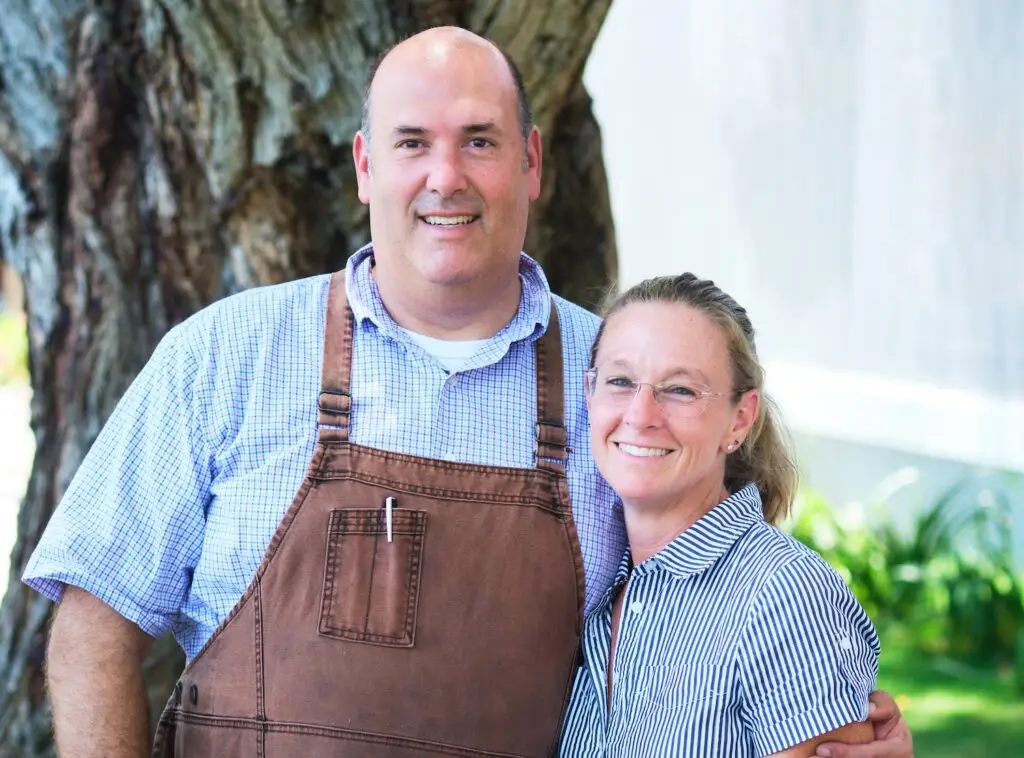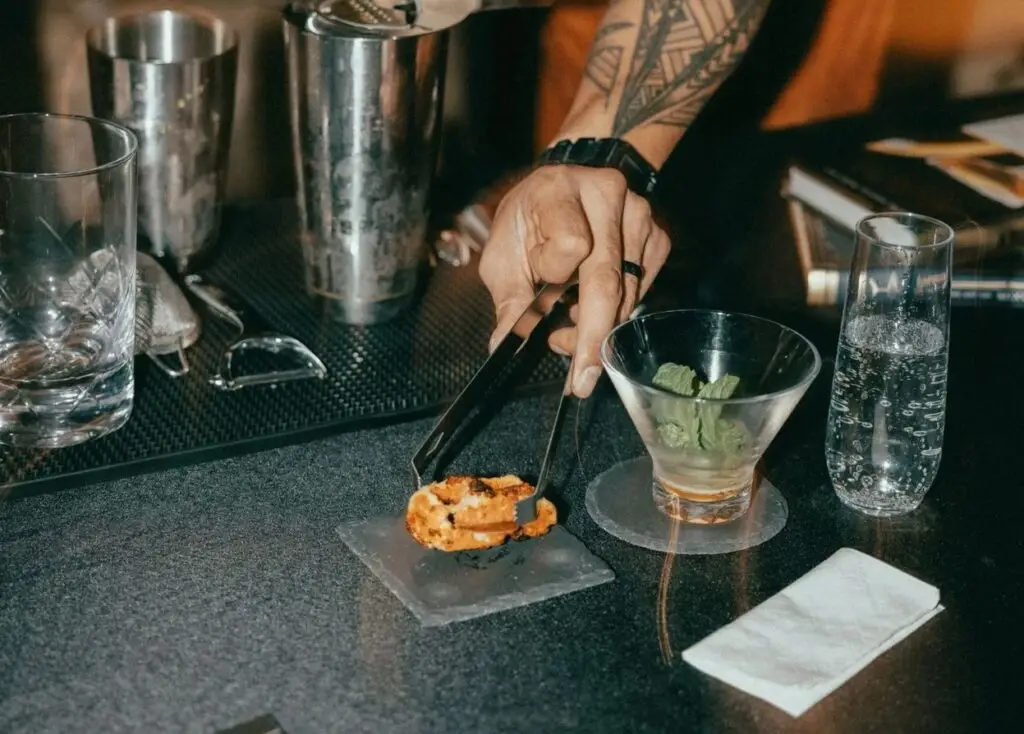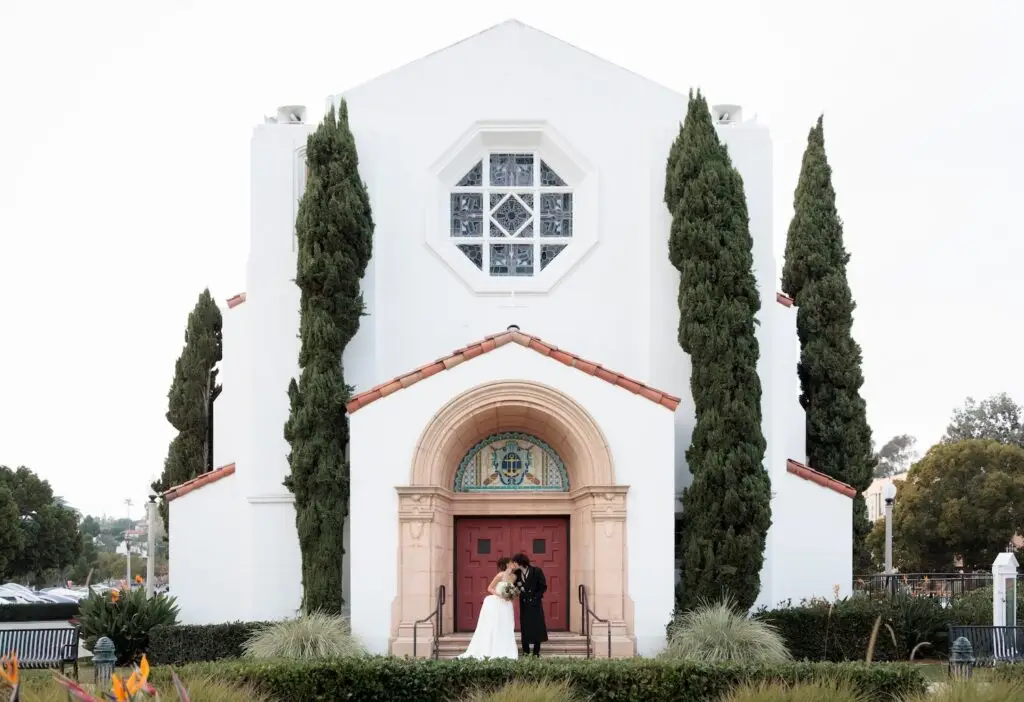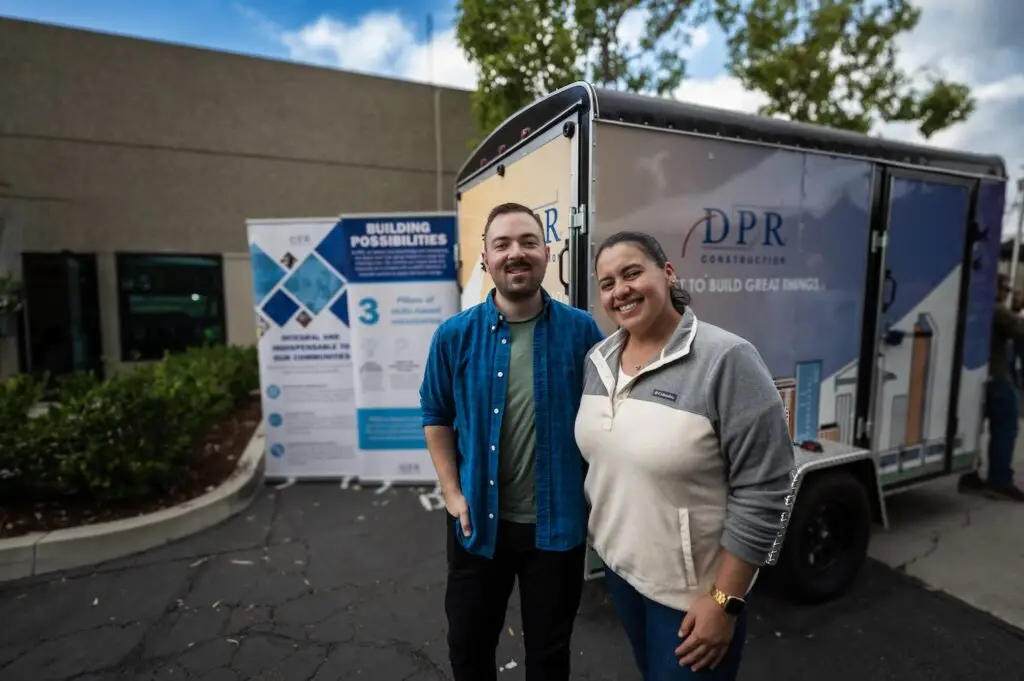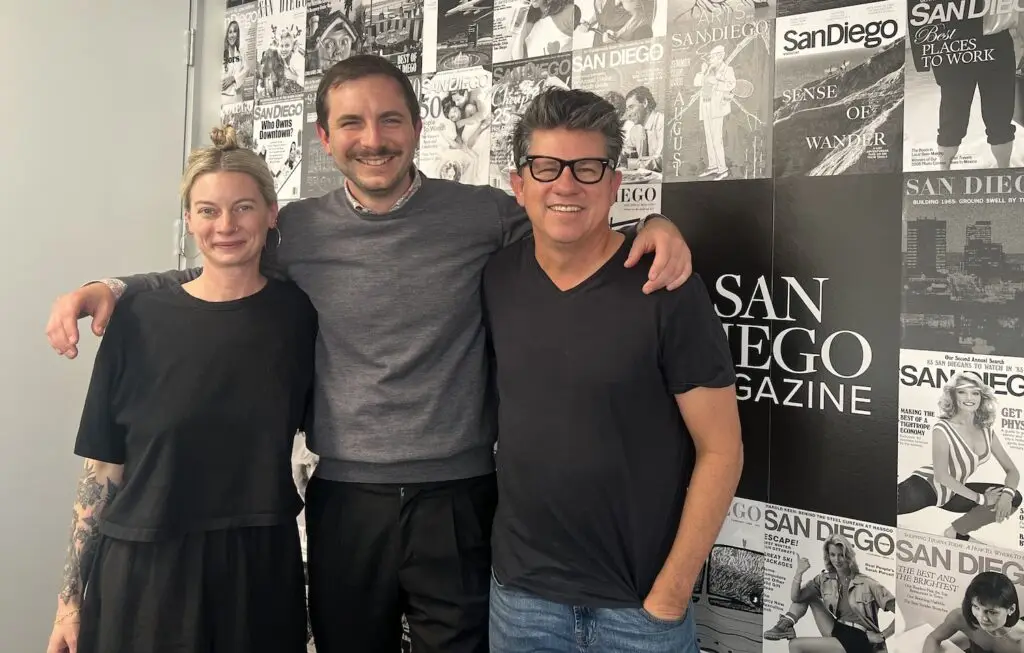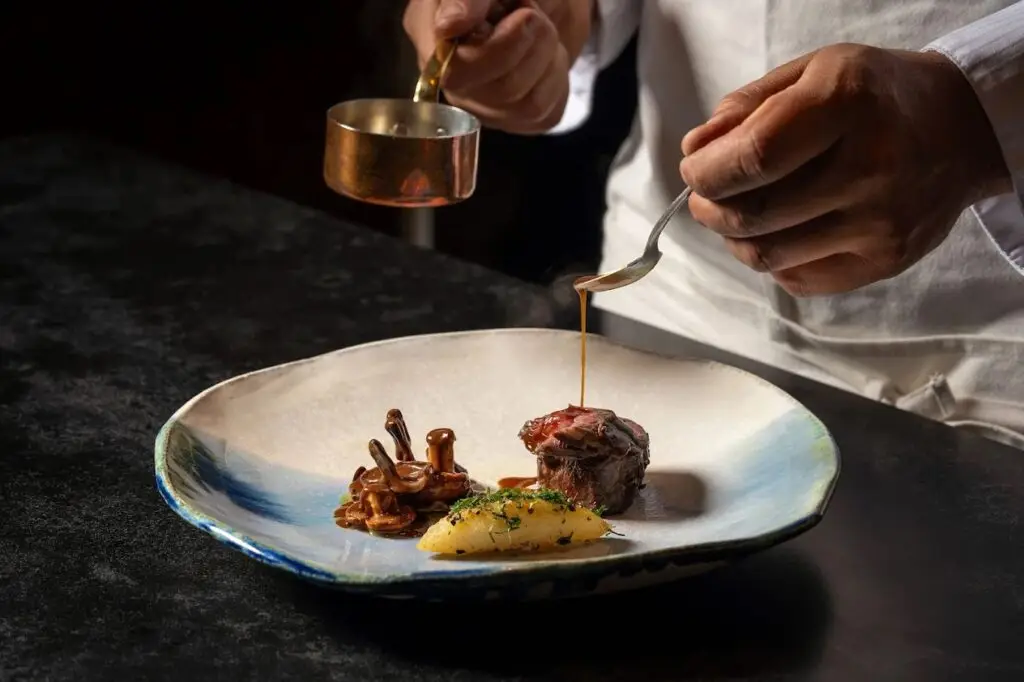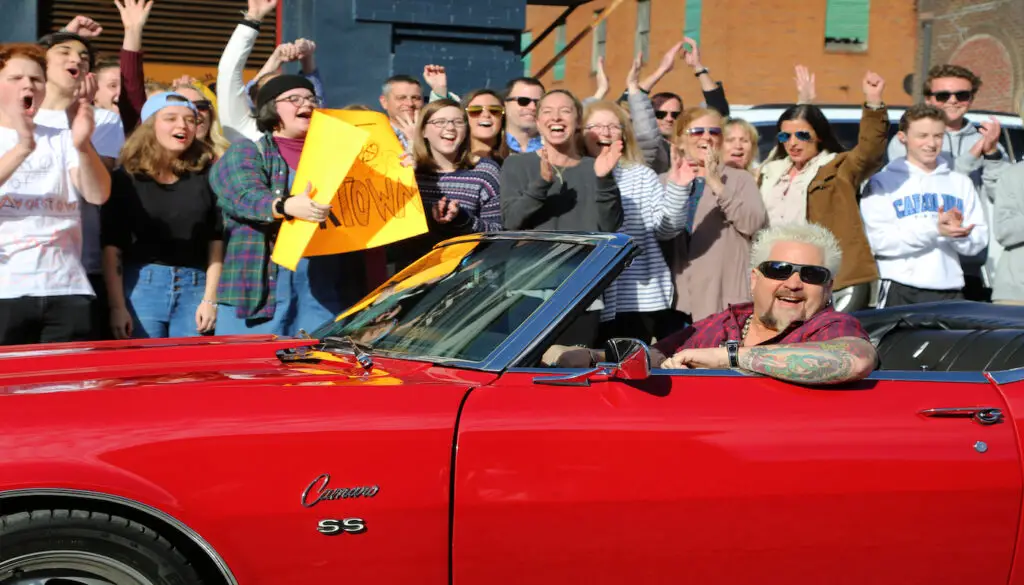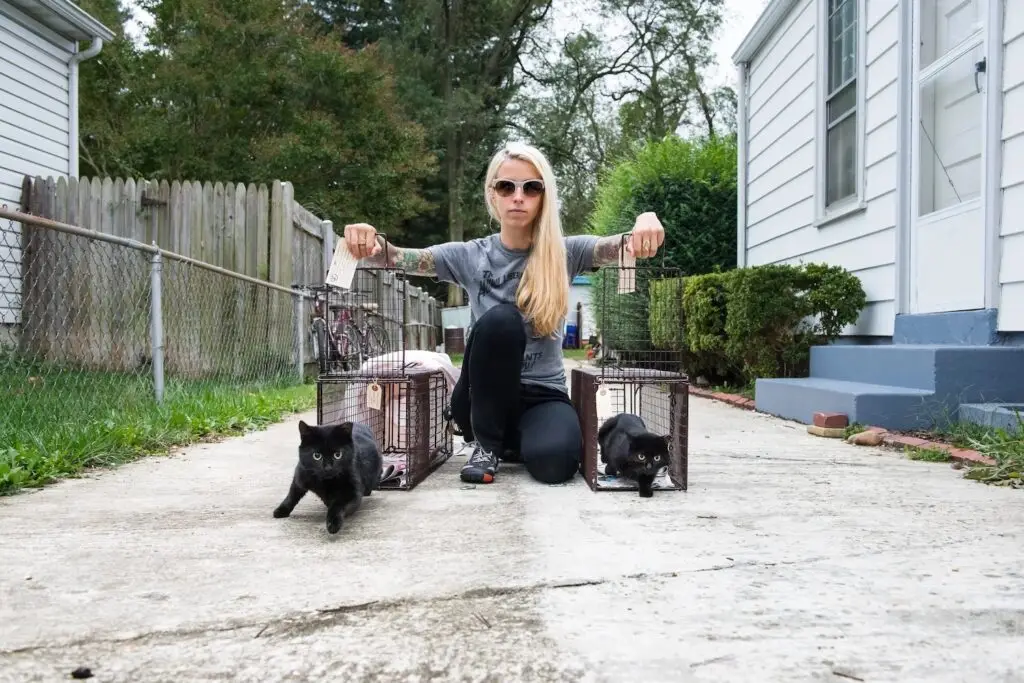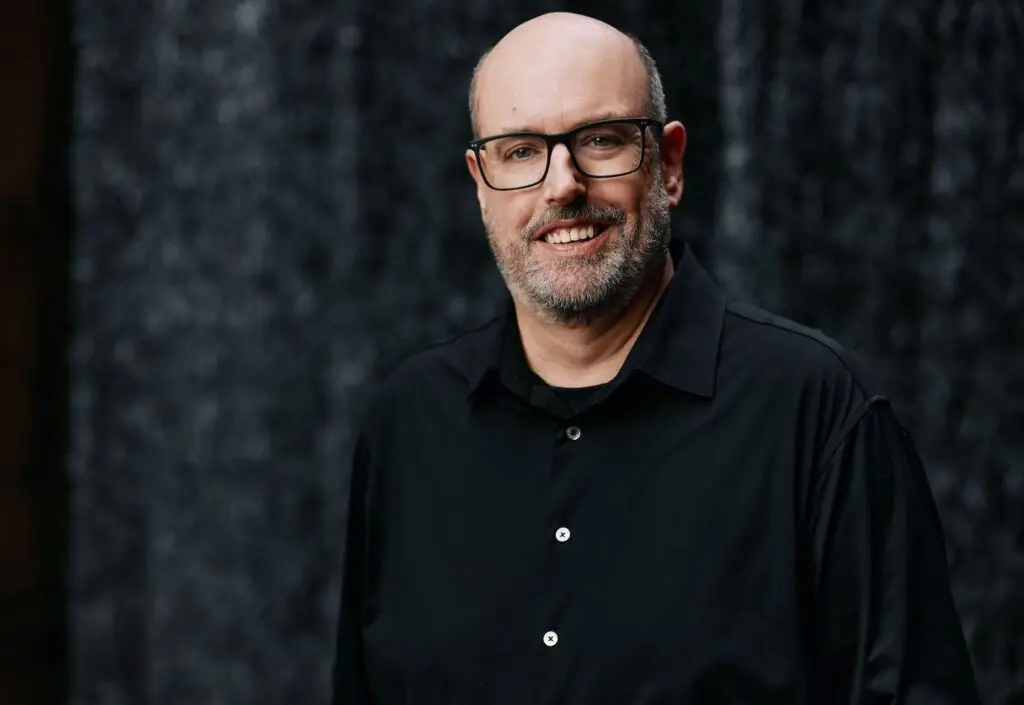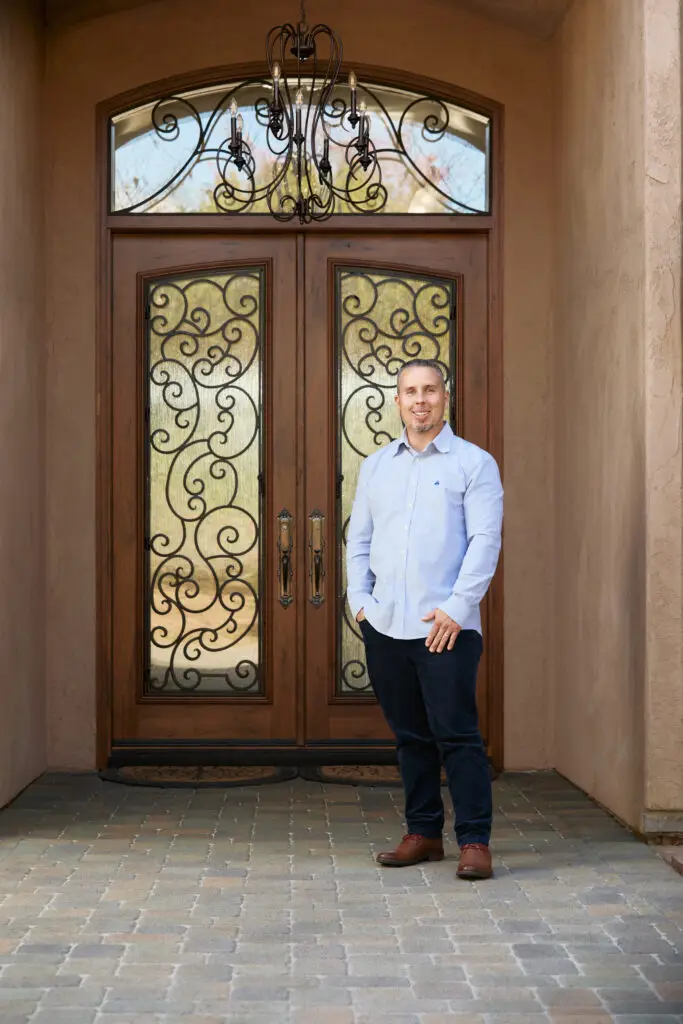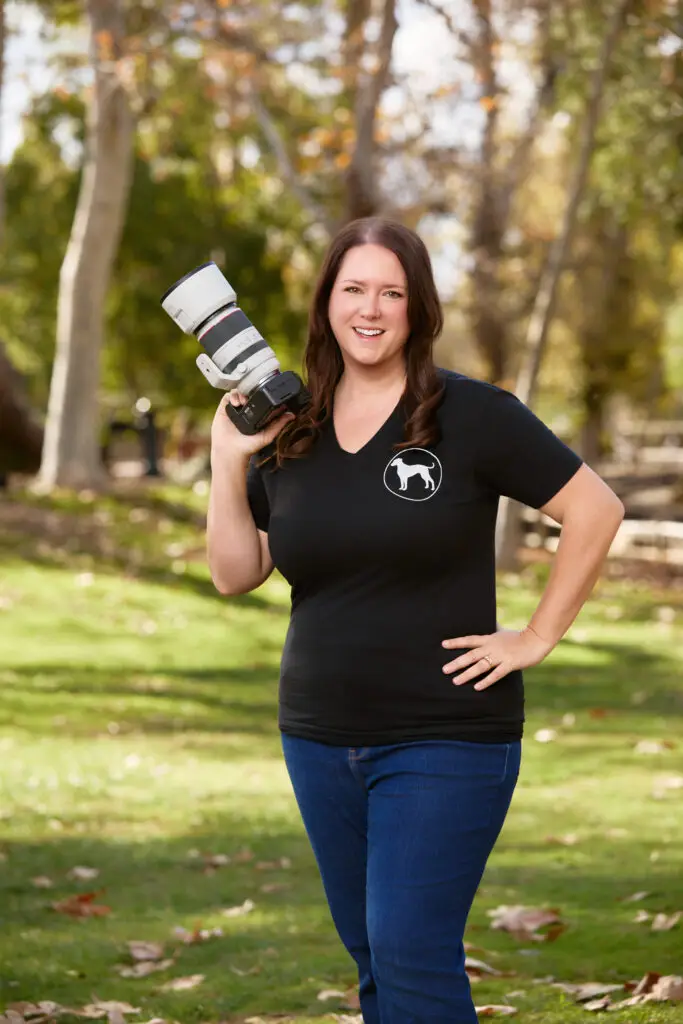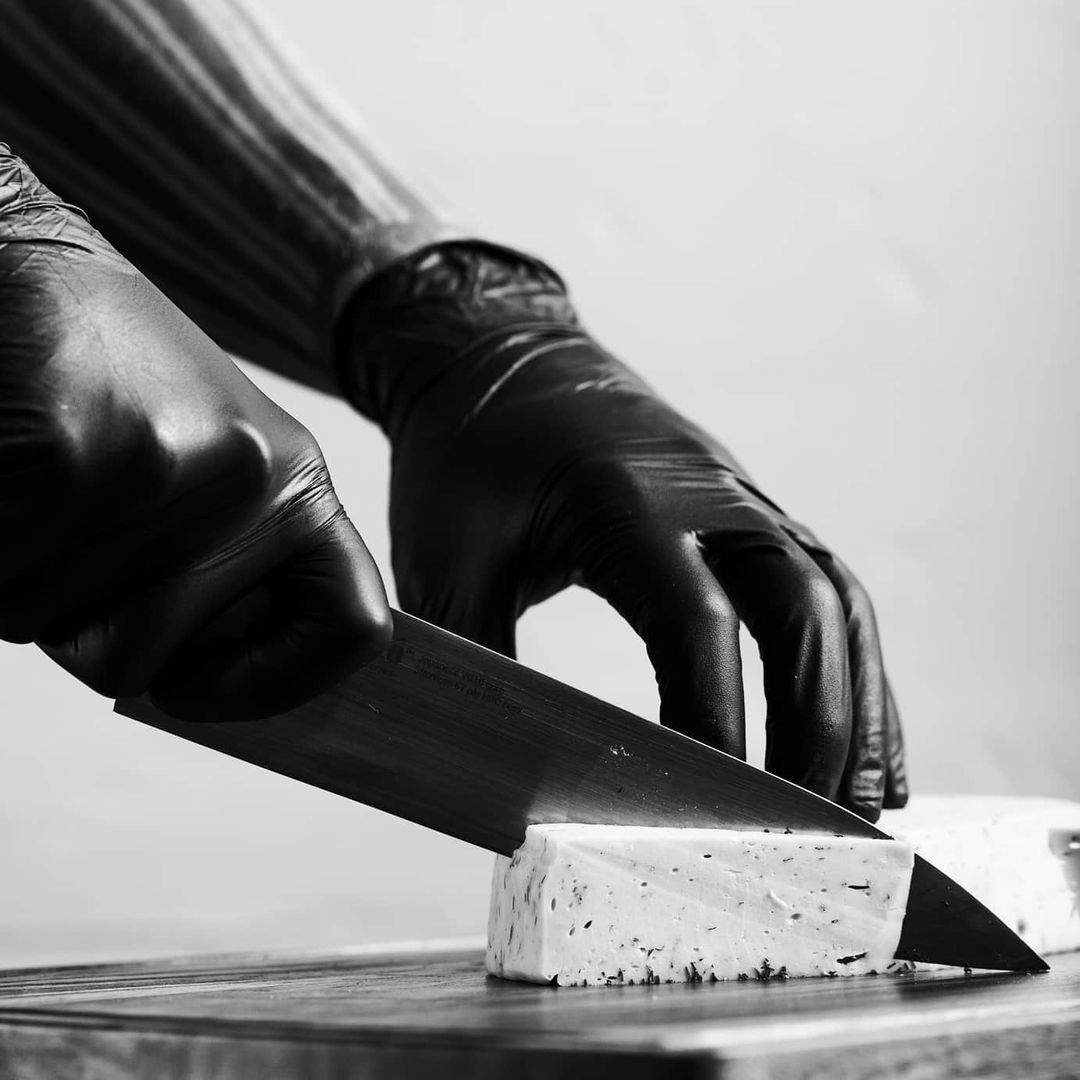Chef Tony Howe is a presence. He’s covered head-to-toe in an impressive array of tattoos. His warm, welcoming smile reveals a set of silver grills. And he’s doing something he never envisioned during his days training at Le Cordon Bleu: He’s perfecting the use of traditional cheese-making techniques to create cheese with plants, not dairy. The results will convince even the most discerning fromage aficionado that, yes, vegan cheese is actually good. Howe is on a mission to reinvent the way people think about queso, one plant-based parmesan shred at a time.
Early in his career, Howe bucked the corporate route many culinary students take and moved to the Shenandoah Valley of Virginia to hone his skills at a highly regarded farm-to-table fine-dining restaurant. This is where he developed a true passion for the science of food and what and how we eat as a culture—and a keen awareness of the fragility of our food system. He started experimenting with zero-waste concepts in the kitchen, taking discarded food scraps and utilizing them in creative ways.
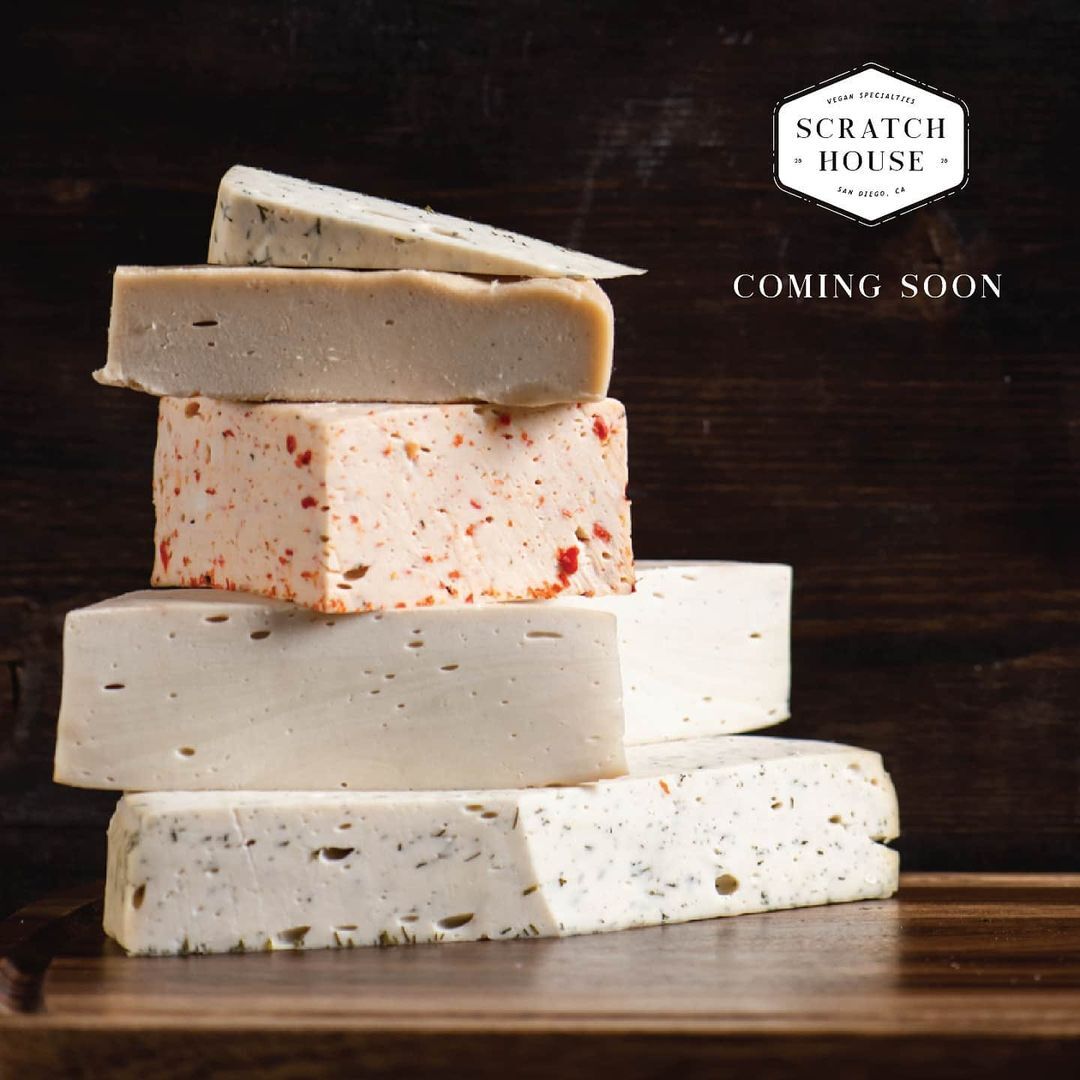
Courtesy of Chef Tony Howe
After going vegan, Howe tasted his way through various plant-based dairy substitutes and found himself thoroughly disappointed. “Cheese was something I didn’t want to give up,” Howe says.Returning to his childhood roots in San Diego, Howe joined Banker’s Hill–based vegan eatery Donna Jean’s, making all their “cheese” and sauces from scratch. Then, in 2020, he decided it was time to pack up his knives and launched a new venture, Scratch House, to create functional non-dairy cheeses and other vegan provisions.
He now spends his days in his kitchen in Rolando, often relentlessly repeating recipes using novel ingredients to get his products to react the way a dairy cheese would. He has developed his own unique vegan cheesemaking techniques, including using white beans as a base instead of the more common cashews.Howe explains that he intentionally uses familiar names for his products, calling one a “goat cheese” and another a “parmesan,” for example, as a way to describe its defining qualities.“
But vegan cheese doesn’t have to be something it’s not,” he continues. “I’m not saying it is going to taste exactly like the thing you might be familiar with—but we have to use certain terminology to convey what we are doing and how to use it. We just want it to do the things it does, like thicken a sauce or add umami, and make sure that all the flavor points are present in the cheese to enhance the flavor of the dish or give it a certain form or texture.”
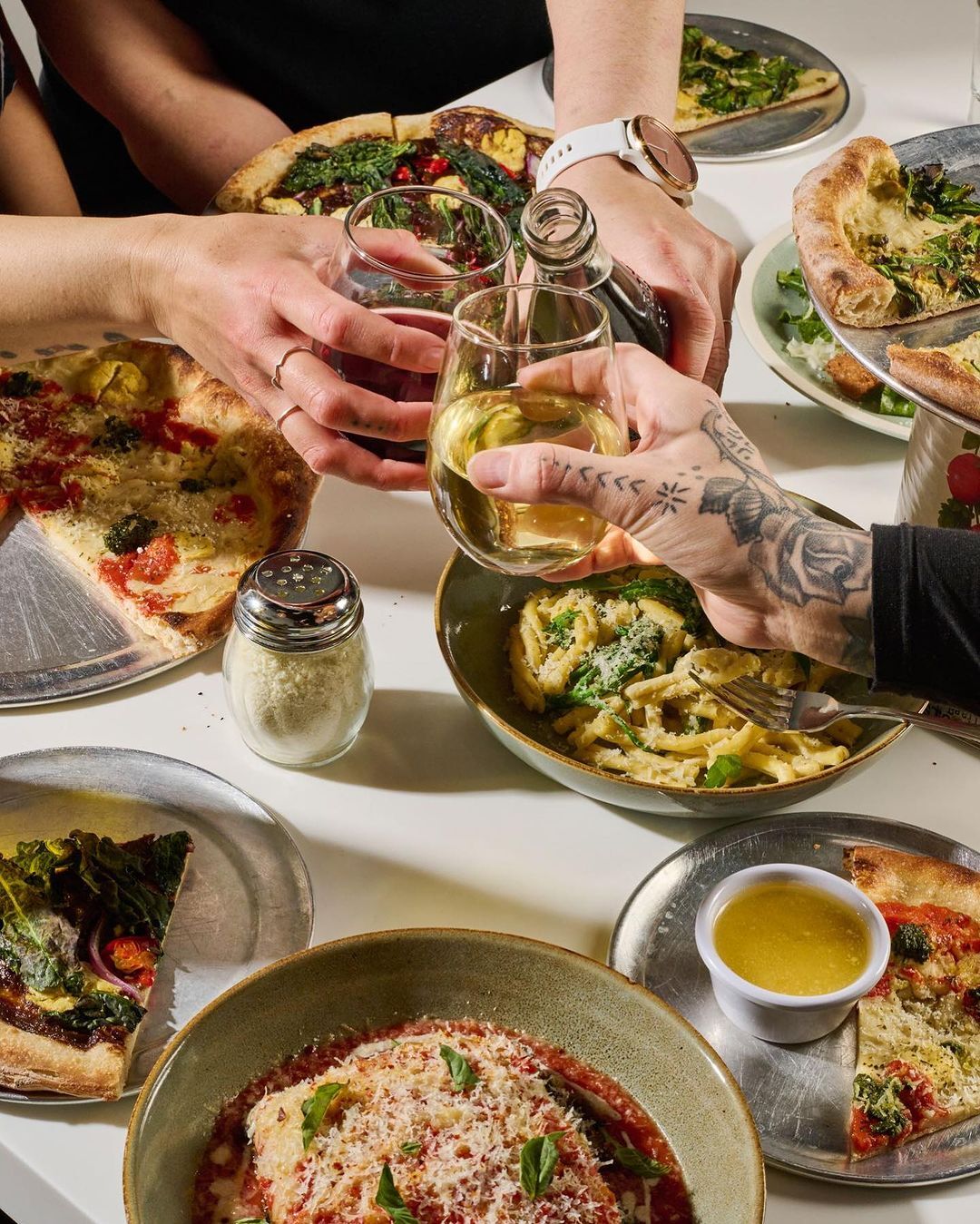
Courtesy of Scratch House Vegan
For the general public, Scratch House products are available at select retailers including The Mighty Bin, Windmill Farms, Cream of Crop, and the San Diego Vegan Market. Howe also hosts various pop-up events throughout the county and shares his cheese-making knowledge in a class he holds periodically. (The next class is on October 17 at Donna Jean’s.)
But landing on the shelves of big-box retail stores, as many craft cheese purveyors strive for, is not Howe’s ambition. For now, he is attempting to scale by focusing on food service and selling into restaurants. “I’m trying to make something that chefs can use one-to-one for a dairy cheese or sauce,” Howe says. “But they need the right tools. It’s amazing what chefs can do when they have the right tools and ingredients.”
